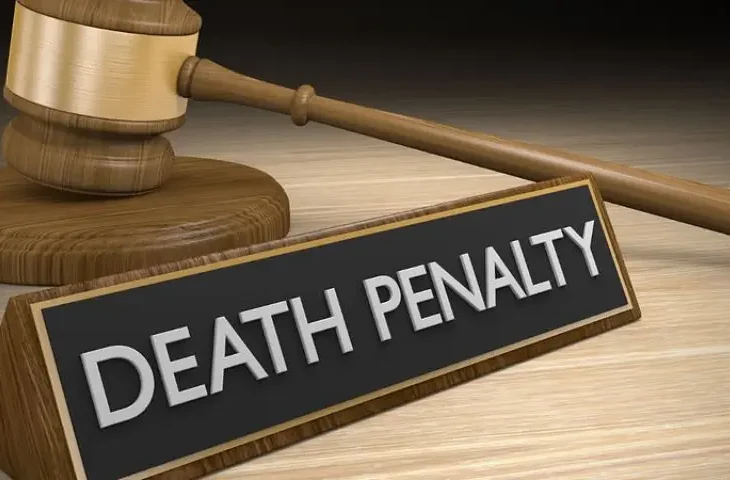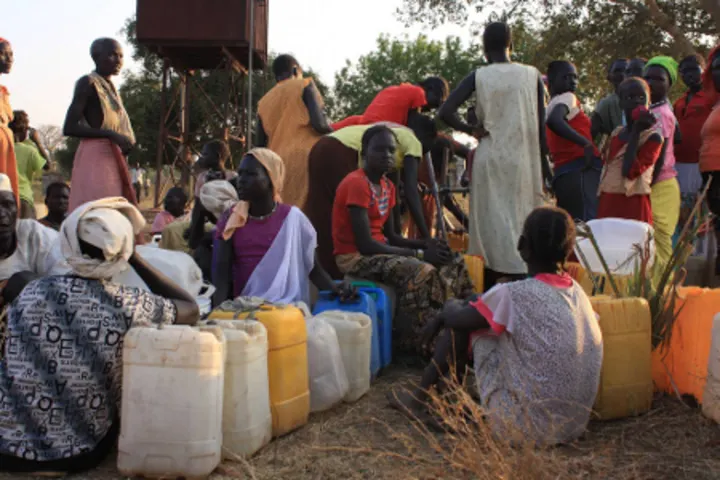
The British judiciary gave the green light Monday to the deportation to Rwanda of asylum seekers who arrived illegally in the United Kingdom, a highly controversial project that the government wants to deploy as soon as possible.
The Conservatives have made the fight against illegal immigration, one of the promises of Brexit, one of their priorities.
But there have never been so many migrants crossing the Channel in small boats. Since the beginning of the year, about 45,000 have thus arrived on English shores, compared to 28,526 in 2021. And four migrants, including a teenager, lost their lives attempting the crossing on December 14, just over a year after 27 people died in similar circumstances.
In April, Boris Johnson’s government reached an agreement with Kigali to deport to Rwanda asylum seekers, regardless of their origin, who arrived illegally on British soil. A policy designed to discourage crossings of the English Channel in small boats, but which has been widely criticized and challenged in court.
“The court found that it is lawful for the British government to make arrangements for asylum seekers to be sent to Rwanda and have their claims assessed in Rwanda rather than in the U.K.,” according to a summary of the ruling issued by the London High Court. The court found that the government’s planned arrangements did not contravene the Geneva Refugee Convention.
No deportation has yet taken place: a first flight planned in June was cancelled after a decision by the European Court of Human Rights (ECHR), which called for a thorough review of the policy. Now that the court has given its decision, the government of Rishi Sunak wants to move quickly.
“We have always maintained that this policy is legal and today the court has confirmed it,” reacted Interior Minister Suella Braverman.
The very right-wing boss of the Home Office, who had expressed her “dream” of seeing migrants deported to Rwanda, emphasized her willingness to implement the project “as soon as possible”.
“And we are ready to defend ourselves again against any legal action,” Suella Braverman stressed, after admitting in the Times on Saturday the failure of the government to deliver on the promise to resume “control” of the borders.
– Appeal considered –
The court did ask the Home Office to reconsider its position on eight migrants who opposed their deportation to Rwanda. The Home Office has not sufficiently examined their personal circumstances to determine whether there is anything about them that would preclude their removal to Rwanda.
Opponents of the project greeted the ruling with disappointment and anger. Among the organizations that brought the lawsuit was Care4Calais, whose founder Clare Moseley expressed her determination that “no refugee should be forcibly deported” to Rwanda. The organization, like Detention Action, plans to appeal the decision.
Paul O’Connor, representing the civil servants’ union PCS, said the government’s plan remains “morally reprehensible and totally inhumane” and that an appeal should be “seriously” considered.
The Refugee Council slammed the “cruel” policy of treating “people seeking safety as human commodities” as damaging to the UK’s reputation as a country of human rights.
The Labour opposition called the plan “unworkable”, “unethical” and “prohibitively expensive”.
The UN High Commissioner for Refugees intervened in the case before the High Court, arguing that “the minimum components of a reliable and fair asylum system” are lacking in Rwanda and that such a policy would lead to “serious risks of violations” of the UN Convention relating to the Status of Refugees.













